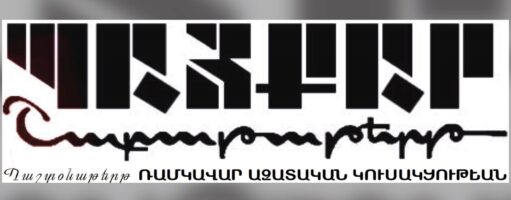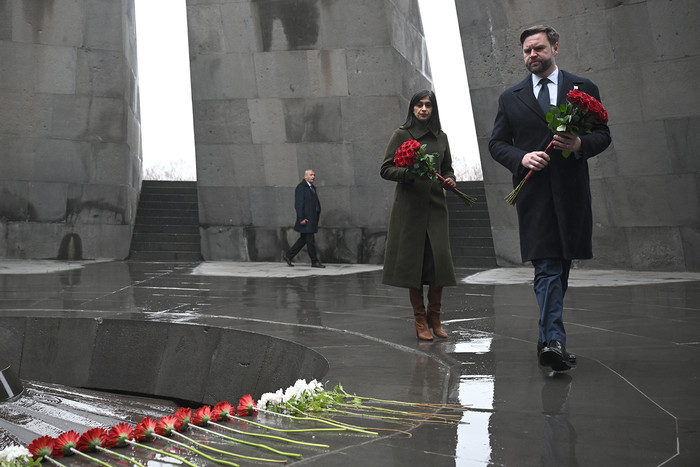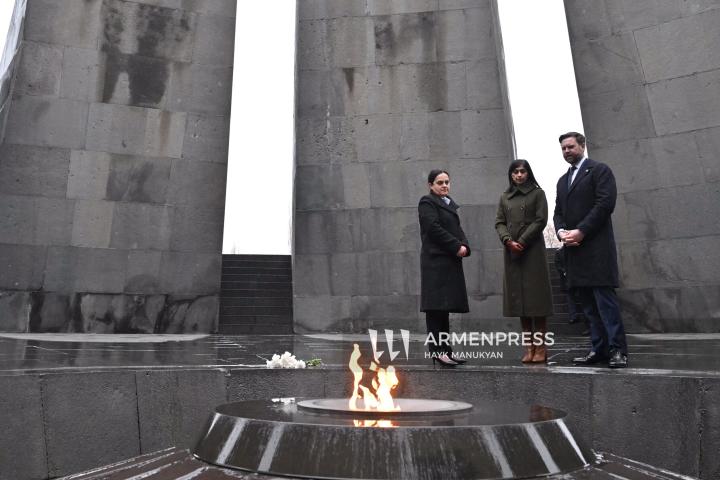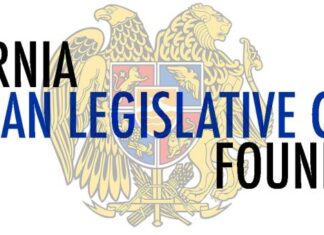By Alan Whitehorn
The international community is on the verge of losing another cornerstone of genocide studies, meanwhile mass atrocities are unfolding across the globe. Less than a year after the Montreal Institute for Genocide and Human Rights Studies (MIGS) at Concordia University abruptly closed, the International Institute of Genocide and Human Rights Studies (a division of the Zoryan Institute), one of the few remaining Canadian institutions devoted to genocide research and education, now faces an existential crisis.
The closure of MIGS came as a shock. During four decades, the institute influenced humanitarian policy and trained advocates on genocide prevention. Its sudden disappearance, driven by budget pressures and academic fragmentation, left a vacuum in Canada’s educational and policy landscape. If such a well-established institution can vanish overnight, the risk to smaller, independent organizations is even greater.
As its website notes “In 1982, the Zoryan Institute for Contemporary Armenian Research and Documentation was established in Cambridge, Massachusetts. The co-founding members were Garbis Kortian, Gerard J. Libaridian, and K. M. Greg Sarkissian. They were joined by Tatul Sonentz-Papazian and Levon Sarkissian to incorporate the Institute as a registered American non-for-profit.”
Now largely based in Toronto, the Zoryan Institute faces an existential crisis. The Zoryan Institute and its Genocide and Human Rights Studies program have been a global hub for genocide scholarship. Working with the University of Toronto, Zoryan created a respected graduate program that trained generations of scholars from 73 countries. Over the years, a number of my Royal Military College of Canada graduates benefitted enormously from attending the international course. The Zoryan has published peer-reviewed journals, maintained a key historical archive on the Armenian Genocide, and consistently fostered thoughtful public dialogue on mass atrocity crimes.
Few other institutions are positioned to do this work. The Zoryan’s research has illuminated warning signs of genocide. It has built bridges between ethnic communities, equipped future leaders with the tools to confront genocide denial and distortion, and strengthened important voices in global human rights conversations.







